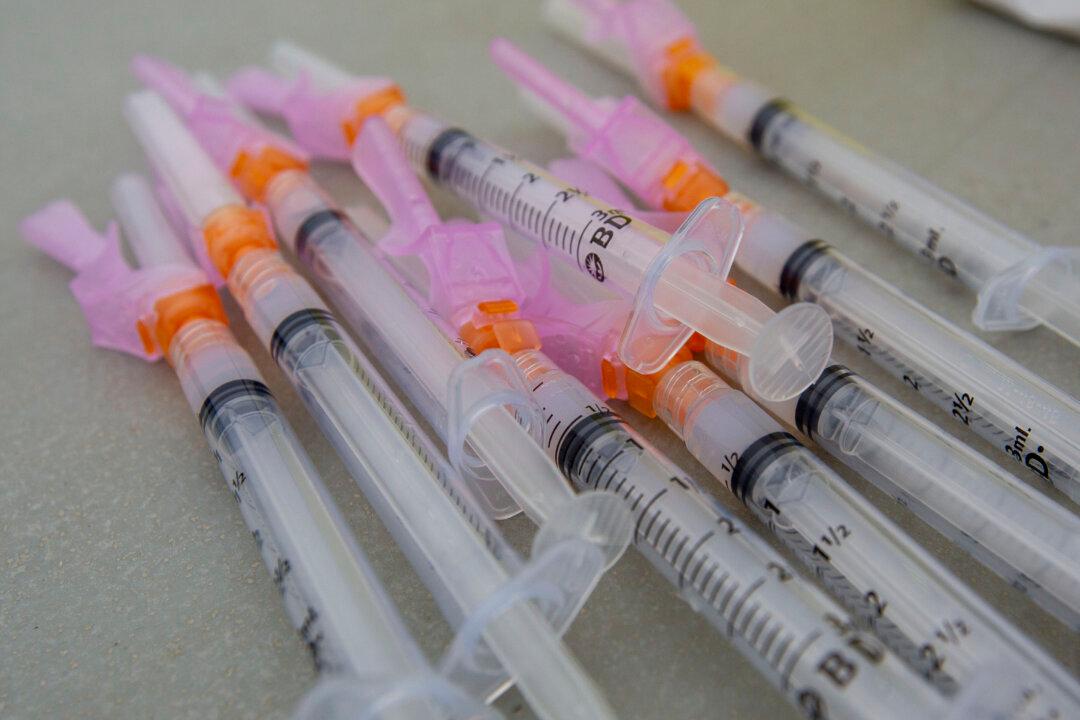There is no longer evidence that suggests anyone should get the COVID-19 vaccines, a British mathematician said as the UK government rolls out another booster campaign ahead of the winter season.
Norman Fenton, professor of risk and information management at the Queen Mary University of London and director of risk assessment software company Agena, told The Epoch Times he used to believe that people at risk of serious illnesses and death from COVID-19 can benefit from the vaccines, but no longer sees “any evidence at all that anybody should get vaccinated” based on more recent data.





